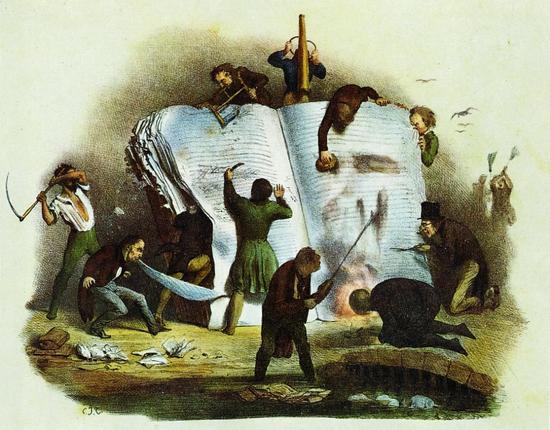- Teacher: english dept
- Teacher: Baroj Hashim Abdi
Course overview
This course on literary criticism for Junior Students consists of 17 concepts of critical theory and the terminology employed by various schools of literary theory. In this course of seventeen lectures, we will study the major critical writings since Plato so as to gain an understanding of the different theoretical structures, schools, and methodologies that have influenced our understanding and appreciation of literature. It will make students familiar with old critics as well as new literary scholars who have influenced and shaped modern writing. The undertaken lecture considered in this course will make students acquainted with the most influential terms used by literary critics. It is necessary for students to get to know such terms and concepts because this will increase students’ academic skills in literature and increase their knowledge in a variety of life aspects.
This course includes in our focus works from Plato, Aristotle, Horace, Longinus, Sidney, Dryden, Pope, Burke, Kant, Schiller, Hegel, Wordsworth, Coleridge, Shelley, Eliot, Michel Foucault, and varieties of post-modernism
- Teacher: english dept
- Teacher: Pishkafti Shokri
- Teacher: Lozan Rasol
This semester involves teaching semantics to the third year students. Emphases are on letting the students know about linguistic,
semantic concepts and topics such as meaning, its types and theories. Also, light is shed on lexical semantics (including lexical fields, sense relations like synonymy, antonymy, hyponymy, homonymy, polysemy, holonymy and meronymy), idioms, collocations, style, proverbs, among other minor topics.
- Teacher: english dept
- Teacher: Fakhir Omar
